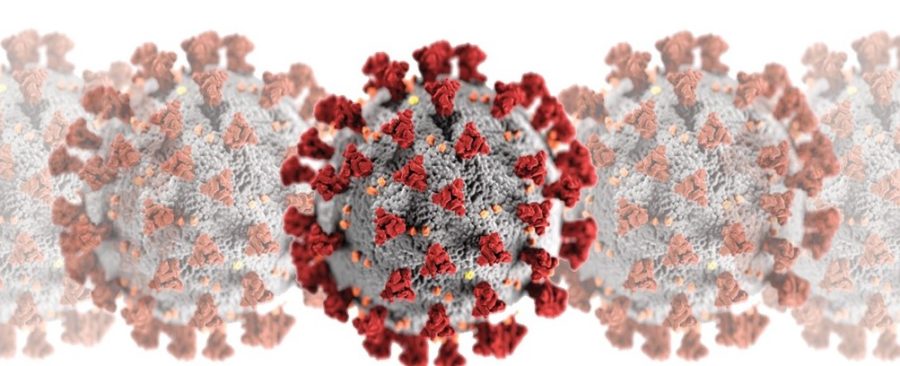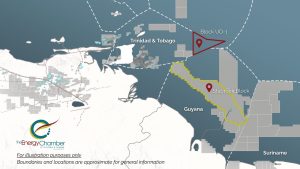By Prior Beharry
COVID-19 has worsened the negative impacts on Caribbean morbidity and mortality caused by climate change and chronic non-communicable diseases.
This according to three Trinidad and Tobago academics in an article in the medical blog PLOS last month.

It was written by Dr Sandeep Maharaj, Dr Darleen Franco and Professor Terence Seemungal.
The article stated that the Caribbean region faced the Triple C Crisis – climate change, chronic non communicable diseases (NCDs) and Covid-19.
It noted that before Covid-19, climate change and chronic NCDs had a negative impact on Caribbean morbidity and mortality, which Covid-19 worsened.
The academics wrote, “This region, which is one of the world’s biodiversity hotspots, is increasingly endangered by rising sea-levels, warmer temperatures, more extreme weather conditions including hurricanes and droughts, air and water pollution; all of which undermine our food and water security and increase our risk to disease.”
They are also predicting an economic emergency due to Covid-19.
The article stated, “The ongoing Covid-19 pandemic has overwhelmed the health sectors in rich countries, so with rising numbers of positive Covid-19 cases in the Caribbean and ensuing multiplicity of negative effects on the tourist industry, we can unhesitatingly predict not only a health emergency but also an economic emergency.”
It stated that there were a number of programmes in place to help mitigate the problems faced in the region. These include public health education, One Health projects, eco-health programmes, plant and agriculture quarantine procedures, environmental conservation initiatives, poverty reduction programmes, oceanic acidification and coral life interventions.

The article called for the Caribbean Community (CARICOM) Secretariat to create a register for all of these projects to allow for central leadership.
It stated, “To improve our lives, already threatened by environmental changes, there is urgent need to better understand the relationship between human health and the environment and thus ensure we are better prepared for the next health crisis.
“Addressing planetary health issues offers an important opportunity to recalibrate the relationship between human health and environmental sustainability and thus implement meaningful regional actions that simultaneously improve human health and that of the planetary environment.”
The article noted that measures to fight the Covid-19 and the planetary health crisis were the same.
It stated, “Examples such as independent, sustainable food systems, less carbon intensive transportation systems (e.g. biking), biodiversity protection, green buildings and changes in architectural designs, and planned land usage would have co-benefits of reduction in risk for both Covid-19 spread and emergence of other zoonotic diseases, while at the same time have a positive effect on planetary health outcomes.
“While economies are reeling across the Caribbean these new endeavours of research, policy and practice, can stimulate growth in existing sectors of the economy while creating new ones.”
About the authors

Dr Sandeep Maharaj (BSc. Hons, MBA DBA RPh) is a lecturer in the area of Pharmacy Administration and Associate Dean Distance Education Planning and Projects at The University of the West Indies Faculty of Medical Sciences St Augustine Campus. He is also the Global Outreach Fellow at the Planetary Health Alliance.

Dr Darleen Franco is a Primary Care Physician working in the public health sector in Trinidad and Tobago. She has special interest in health systems research.

is Dean of the Faculty of Medical Sciences at St Augustine, UWI. Prof Seemungal completed his MBBS (hons) degree at UWI and then proceeded to London where he did a PhD in the chronic lung disease and infections caused by respiratory viruses.
![]()













